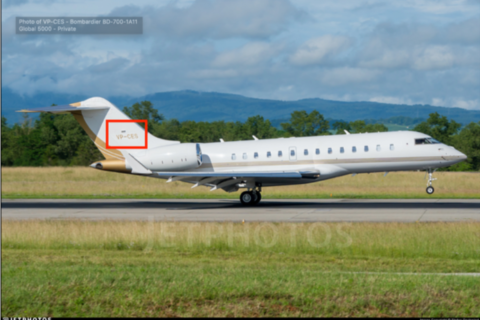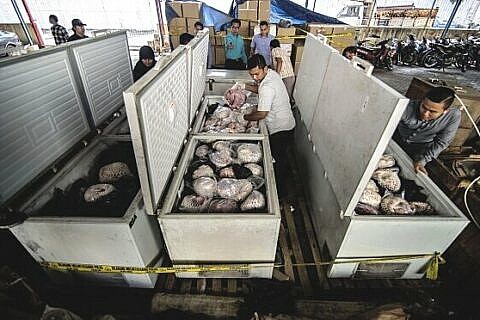Risky Business
North Korea employs a global array of overseas networks to circumvent international sanctions and continue its pursuit of nuclear weapons. These networks are engaged in schemes as diverse as cybercrime, military equipment sales, currency counterfeiting, narcotics, and even wildlife trafficking. They make up a complex overseas financing and procurement system designed to raise the funds and materials North Korea needs for its regime security and weapons programs. As sanctions have tightened, these networks have grown increasingly important to the regime. Moreover, they illustrate how North Korean officials have gained a deep understanding of international trade, finance, and transportation and how to nest their illicit activities within them. In this report, we conduct a system-level examination of the North Korean overseas financing and procurement system. Our paper finds that this system is centralized, limited, and vulnerable, and that its disruption should greatly increase the pressure on the Kim regime to return to the negotiating table.
Executive Summary #
North Korea employs a global array of overseas networks to circumvent international sanctions and continue its pursuit of nuclear weapons. These networks are engaged in schemes as diverse as cybercrime, military equipment sales, currency counterfeiting, iii narcotics, and even wildlife trafficking. They make up a complex overseas financing and procurement system designed to raise the funds and materials North Korea needs for its regime security and weapons programs. As sanctions have tightened, these networks have grown increasingly important to the regime. Moreover, they illustrate how North Korean officials have gained a deep understanding of international trade, finance, and transportation and how to nest their illicit activities within them.
In this report, we conduct a system-level examination of the North Korean overseas financing and procurement system. Our paper finds that this system is centralized, limited, and vulnerable, and that its disruption should greatly increase the pressure on the Kim regime to return to the negotiating table.
- In Centralized, we examine key individuals and companies that connect networks from around the world. We discuss case studies of both regime “tactical controllers,” who conduct the operational tasks needed to move illicit goods, as well as “strategic chokepoints” through which these goods and their regime financing must flow.
- In Limited, we explore trends within China-North Korea trade, the largest market exploited by North Korean overseas networks. Our data shows only 5,233 Chinese companies to have traded with North Korea from 2013 to 2016. Our analysis shows a small number of interconnected firms annually account for vast proportions of the trade, limiting the number of avenues in which North Korea can nest its illicit activity.
- In Vulnerable, we analyze corporate structures and risk indicators that can be used to filter this data to identify potential dual-use transactions and networks of possible concern. Our priority lay in linking previously unidentified entities with known North Korean illicit actors to showcase the possibility of causing systemic disruption using targeted enforcement.
There is a need for immediate action. The North Korean regime is unpredictable and dangerous. Pyongyang is willing to sell conventional weapons to war torn countries around the world, employ chemical weapons to murder potential rivals, push for further development of nuclear weapons, proliferate nuclear technology to the Syrian regime, engage in cyber terrorism, and threaten both Washington, DC and Seoul with destruction. Chinese Foreign Minister Wang Yi recently characterized the atmosphere in the region as, “with swords drawn and bows bent,” (剑拔弩张). Devising effective strategies to disrupt and dismantle North Korean overseas networks that provide critical support to its weapons of mass destruction (WMD) and ballistic missile programs requires identification of key personnel and an understanding of organization, operations and methods of evading and adapting to sanctions. We intend for this report to be a first step in that direction.





